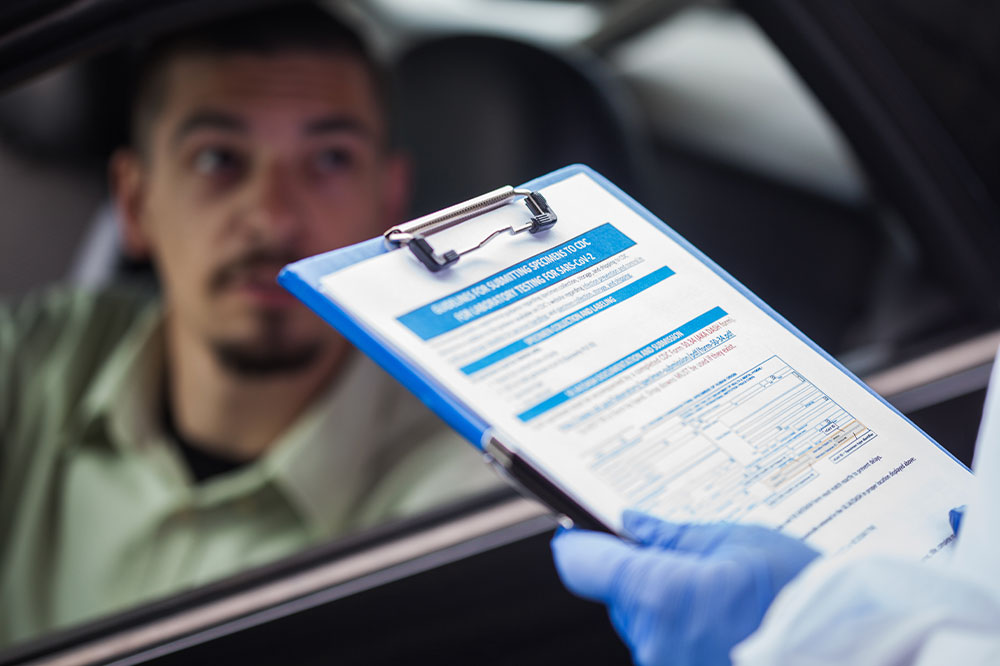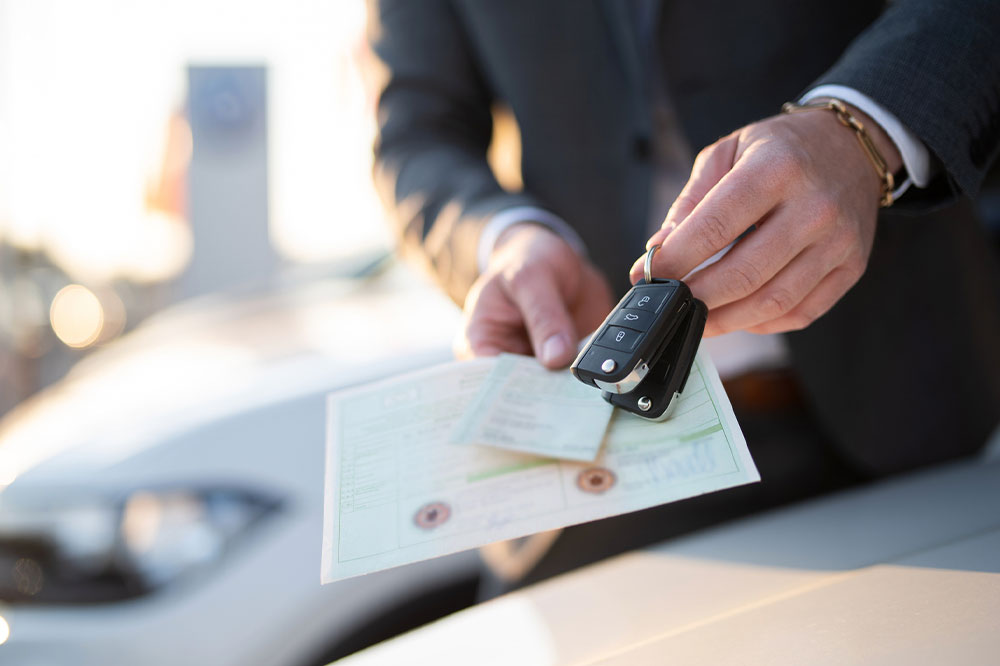Comprehensive Guide to DMV Functions and Efficient Scheduling Strategies
This comprehensive guide explains the key functions of the DMV, including licensing, vehicle registration, and safety testing. It offers practical tips for scheduling appointments efficiently to make your DMV visits smoother and more effective. Essential for drivers and vehicle owners, this article helps enhance understanding of DMV responsibilities and navigation strategies.

Comprehensive Guide to DMV Functions and Efficient Scheduling Strategies
Securing a driver's license marks a significant milestone in personal mobility and independence. The Department of Motor Vehicles (DMV) plays a central role in this process, serving as the governmental authority responsible for issuing driver's licenses, facilitating license renewals, vehicle registration, and enforcing transportation safety regulations. Understanding the vast responsibilities of the DMV is crucial for new drivers and seasoned motorists alike, especially when planning visits for exams, renewals, or inquiries. This article provides an in-depth overview of DMV roles, how to prepare efficiently, and useful tips for scheduling appointments to save time and ensure a smooth experience.
Understanding the Core Responsibilities of the DMV
The DMV operates in almost every state across the United States, though the agency might go by different names such as the Department of Motor Vehicles, Bureau of Motor Vehicles, or similarly titled departments. Despite regional nomenclature differences, the core responsibilities remain largely consistent nationwide. Whether it’s issuing new driver’s licenses, renewing existing ones, registering vehicles, or performing safety inspections, the DMV is integral to maintaining roadway safety and driver accountability.
Key Functions of the DMV
The key functions of the DMV encompass several vital areas. Here is a detailed breakdown:
Vehicle Registration and Title Issuance: The DMV handles the registration of new vehicles, issuance of license plates, and title transfers. Vehicle registration is mandatory for legal operation on public roads, and different states may have specific rules regarding registration renewal periods and fee structures.
Driver Licensing and Testing: The DMV administers written tests to ensure applicants understand state-specific traffic laws, road signs, and safe driving practices. These tests are based on comprehensive driver’s manuals provided by each state. Scheduling these written exams ahead of time is advisable to avoid delays. Vision tests are also conducted, requiring at least 20 correct answers out of 40 to pass, ensuring drivers meet minimum safety standards.
License Renewal and Replacement: Renewing a driver's license typically involves visiting the DMV, providing necessary identification, social security details, and current license information. The DMV processes these updates, collects renewal fees, and issues temporary licenses for immediate use—while the official card arrives within 4 to 6 weeks through the mail.
Vehicle Safety and Emissions Testing: Regular vehicle inspections and emissions testing are critical components of the DMV’s safety oversight activities, helping to reduce pollution and ensure vehicles meet safety standards. Successful tests lead to the issuance of inspection stickers, confirming vehicles are fit for operation.
Traffic Laws and Road Safety Regulations: Apart from licensing and registration, the DMV plays a key role in establishing traffic laws that govern driving behaviors. This includes rules concerning cycling, inline skating, and scooter riding, promoting safety for all road users.
In addition to these core activities, the DMV also manages violations, including issuing citations, suspending or revoking licenses based on infractions, and maintaining detailed driving records for each individual. These records are essential for legal and safety reasons, such as background checks, insurance processes, and accident investigations.
Strategies for a Seamless DMV Appointment
Whether you are applying for a new license, renewing an existing one, or scheduling a vehicle inspection, proper preparation can significantly enhance your DMV experience. Here are some practical tips for scheduling and managing your DMV appointments:
Verify Document Requirements: Before visiting, check the DMV’s official website or contact their customer service to confirm the list of required documents. Usually, you'll need proof of identity, residency, Social Security number, and applicable fees. Having all documents ready reduces the need for multiple trips.
Understand Licensing Rules and Procedures: Different categories of licenses—such as temporary permits for new drivers or specific licensing for commercial vehicles—have distinct requirements. Clarify whether you need a learner’s permit, behind-the-wheel test, or license renewal, to plan accordingly.
Book Appointments in Advance: Given the popularity of DMV services, walk-ins often face long wait times. Scheduling appointments online or via phone ensures you get dedicated time slots, reducing waiting periods and helping you plan your day effectively.
Plan for Peak Hours: DMV offices tend to be busiest during weekday mornings and lunchtimes. Visiting during less busy hours, such as early mornings or late afternoons, can help you avoid overcrowded queues.
Utilize Online Services: Many states now offer online renewal services, appointment booking, and even some testing procedures. Utilizing these digital tools streamlines your process and minimizes in-person visits.
To locate the nearest DMV office or learn more about scheduling options in your state, simply search online with keywords like “DMV” and your state abbreviation. This will lead you to official portals providing appointment booking features and detailed visit guidelines.
In summary, understanding the extensive functions of the DMV and planning your visits meticulously can save you time, reduce frustration, and ensure compliance with all legal requirements. Whether you're a first-time driver or renewing your license, being well-informed and organized is the key to a positive DMV experience.




